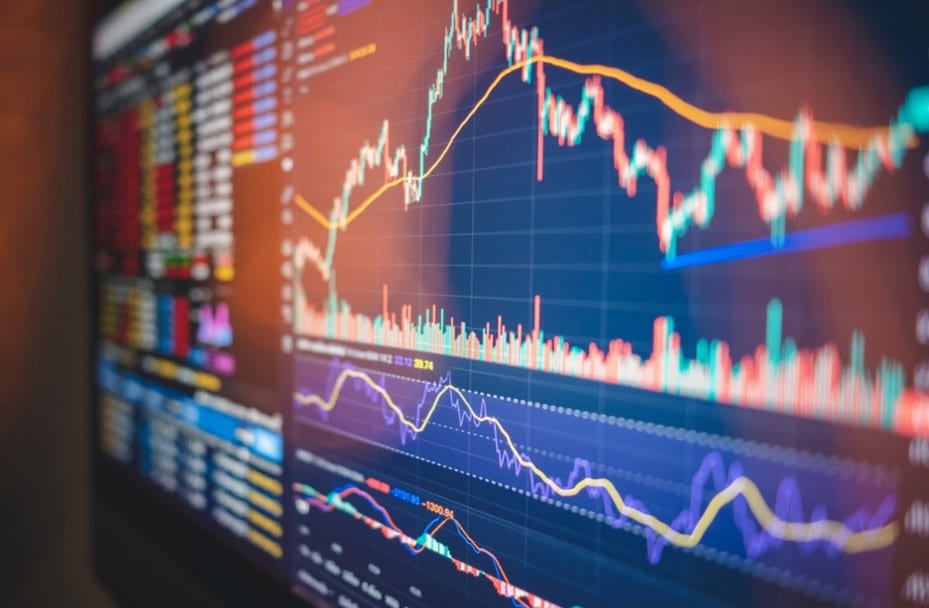Forex Trading: Halal Or Haram?
The question of whether forex trading is halal or haram is one that has been actively debated among Muslim scholars and traders around the world. As the foreign exchange market grows, more individuals—especially Muslims—are interested in participating. However, the concern of abiding by Islamic financial laws remains a priority.

Understanding the Basic Principles of Forex Trading
Foreign exchange trading, commonly known as forex trading, involves the buying and selling of currencies to make a profit. Traders speculate on the rise and fall of currency pairs, hoping to earn money from fluctuations in exchange rates. Forex trading occurs in a decentralized market that operates 24/7, accommodating participants from all over the globe. Understanding the mechanics of forex trading is the first step in determining its permissibility under Islamic law.
What Islamic Finance Says About Riba and Gharar
In Islamic finance, the concepts of riba and gharar are crucial in determining whether an economic activity is halal or haram. Riba refers to “interest” and is strictly prohibited in Islam. Any transaction involving interest is considered haram. Gharar refers to excessive uncertainty and is also frowned upon. Forex trading, if approached with proper risk management and without interest-bearing transactions, can potentially be more aligned with guidelines.
Forex Trading and Islamic Law: Points of Contention
The primary concern arising from forex trading under Islamic law is the involvement of interest or riba. Traditional trading accounts may involve interest either on the invested amount or due to overnight swaps. Islamic forex accounts, however, are structured to be swap-free, ensuring no interest is charged. Another point of contention is the leverage used in trading, which might lead to excessive risk or gharar if not managed prudently.
Are Swap-Free Accounts a Viable Solution?
To cater to Muslim traders, several forex brokers offer swap-free accounts designed to be compliant with Islamic finance principles. Swap-free accounts allow traders to carry positions overnight without incurring interest charges. However, it is crucial to verify that the broker genuinely adheres to Islamic principles, as some may charge hidden fees disguised as “administrative” costs. Ensuring transparency and due diligence can help ascertain whether this trading approach is indeed not haram.
Seeking Guidance from Knowledgeable Scholars
Ultimately, the decision of whether forex trading is halal or haram can depend on individual interpretation and understanding of Islam’s financial tenets. Consulting knowledgeable Islamic scholars or financial advisors with a deep understanding of both forex trading and Islamic law is advisable. They can provide insights tailored to individual circumstances and personal beliefs.
While there are avenues through which forex trading can potentially be considered halal, careful consideration, and informed choices are essential.

